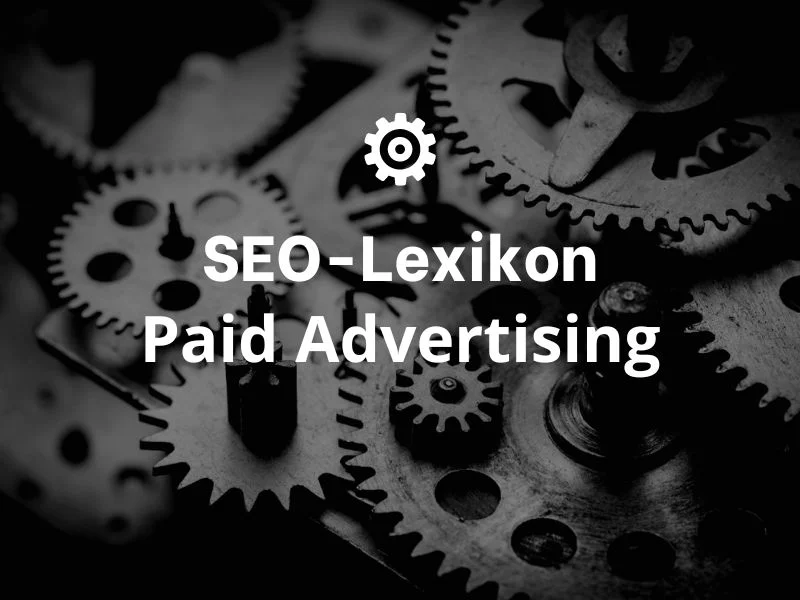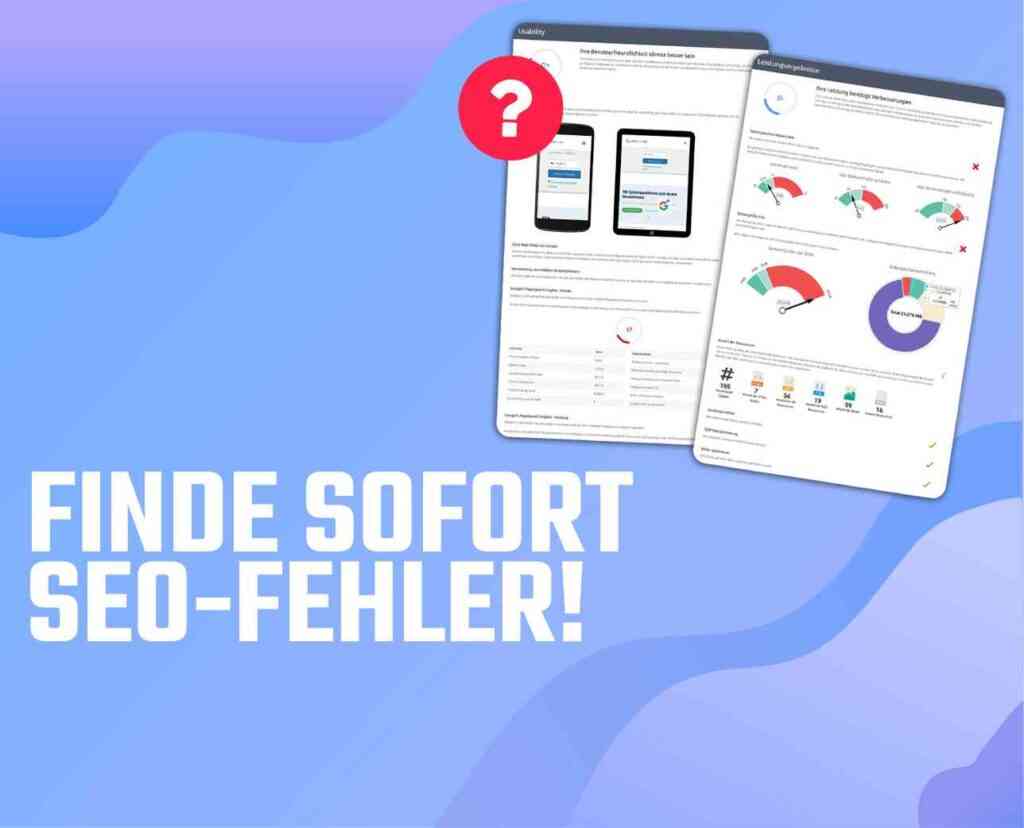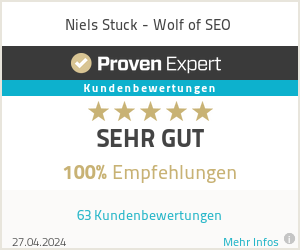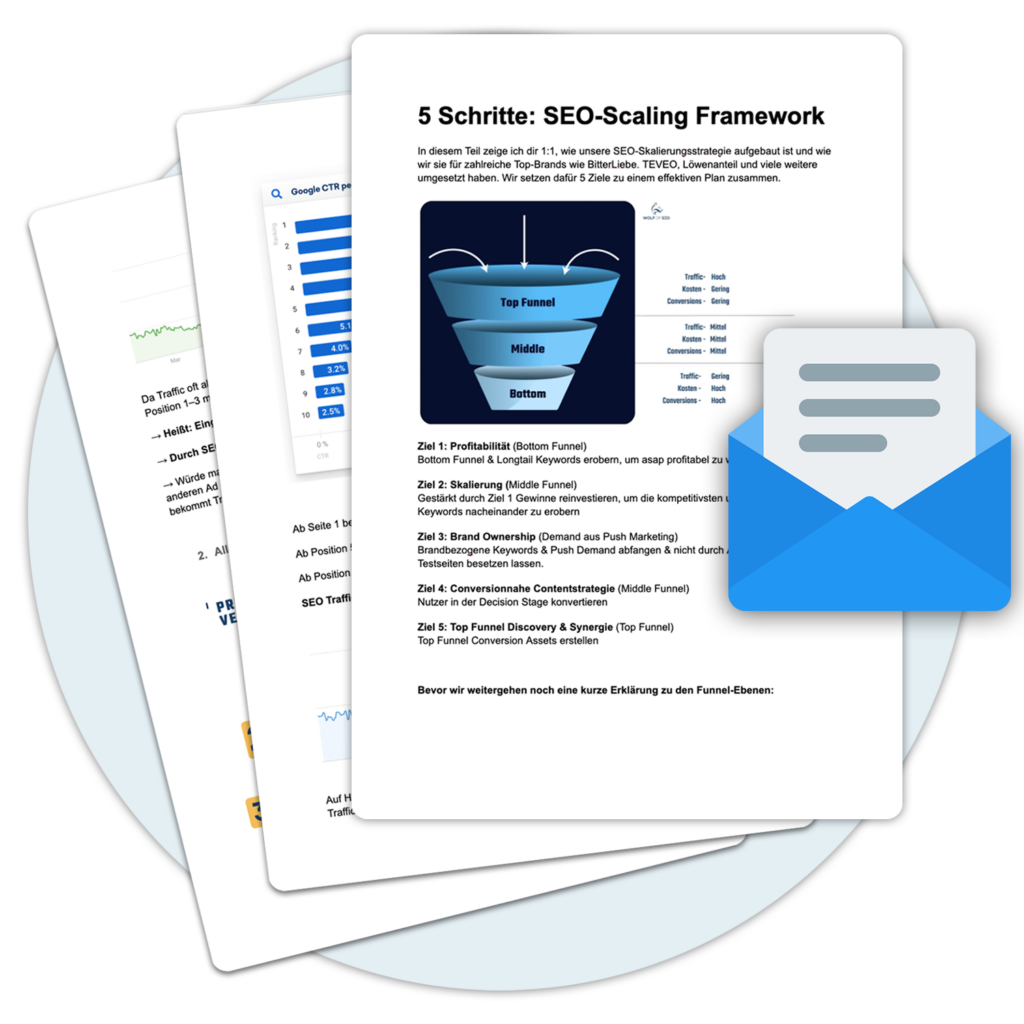Search engines were developed specifically to provide added value to Internet users. People from all walks of life use search engines like Google and Bing to browse the Internet and find out about all kinds of topics. For D2C (direct-to-consumer) brands, this is another channel to increase their brand awareness. Considering that 93% of all website traffic comes from search engines, it makes sense for D2C brands to tap into this resource for potential customers. But how can a retailer use search engines to drive website traffic when there are over 1.7 billion websites (and growing)?
Search engine optimization (SEO) is the most effective way to generate organic Traffic (i.e. websiteTrafficthat comes from search engines). This kind of Traffic is free of charge, i.e. the brands do not pay directly to the search engines for this Traffic. However, the biggest disadvantage of organic traffic is the strong competition. A placement on the search engine results pages (SERPs) for popular terms is extremely difficult and requires an enormous effort for an SEO strategy. Search engines offer a solution to get around this: paid search.
What is paid search?
Paid search is a marketing tactic in which advertisers pay search engines to place ads in the SERPs pay. There are six different factors that determine the placement of these ads on Google:
- Bids - In an auction structure, companies place bids for keywords or terms that are associated with them or their products and services.services related. These ads work on a pay-per-click (PPC) basis, meaning companies only pay when the ads are clicked.
- Quality of the display and the Landing Page - Google rates the Relevance and usefulness of landing pages (mobile-friendly websites perform better!) and assigns a quality score for ads.
- Thresholds for displays - These include the following factors: Ad quality, ad position, user signals and attributes, topic and type of search, and related auctions.
- Keyword popularity - If two ads have the same ad rank, the ad with the highest bid wins.
- Search context - The search term, the location, the time, the device type, the type of search, competing advertisements and Search results are some of the things that are taken into account.
- Effects of ad extensions - Companies have the option to include phone numbers and multiple links (e.g. ad extensions).
Advantages of paid search ads
Search engines are fertile ground for businesses looking to expand their customer base. Google alone processes over 3.5 billion search queries per day, which means that search engines always have a guaranteed stream of high-quality Traffic Have ready for picking. Let's take a look at some of the benefits of paid search advertising:
Highly interesting target groups
With a Keyword-research, companies can target customers who are most likely to be interested in their offerings. For example, if a fitness apparel company searches the keyword "best running shoes" and serves paid ads to those who search for that term, it's likely to reach customers who want to buy new running shoes. If you place paid ads on the Search Intention and the search terms, you will reach a target group with high Search Intention.
Great success for your marketing budget
Since search engines operate on the bidding system, the price of ads is determined by the market. For example, if a company places its highest bid for a Keyword is set at $5 and the highest competing bid is only $3, it pays only $3.01. Most of the time, companies pay less than the highest bid, and if competitor interest in a search term increases, they can change their bid at any time.
The prices for these ads are not only protected by the market, but also offer a high return on investment (ROI). On average, brands receive a return of $8 for every dollar they spend on Google advertising.
Immediate results
Unlike other aspects of an SEO strategy, businesses can see measurable, high-quality results relatively quickly. Since paid search ads are highly targeted (as mentioned above), they exclude customers who would take much more convincing to make a purchase. This allows companies to target customers who have a shorter Customer Journey have
In addition, the time and effort required to launch and set up a campaign is very low. Companies don't have to worry about hiring a graphic designer or copywriter, as search engines don't require creative content (e.g. images or text). However, paid search ad campaigns need to be maintained long term, so you shouldn't just set them up and forget about them. Check regularly and make the necessary optimizations if needed.
« Back to Glossary Index






 By
By 